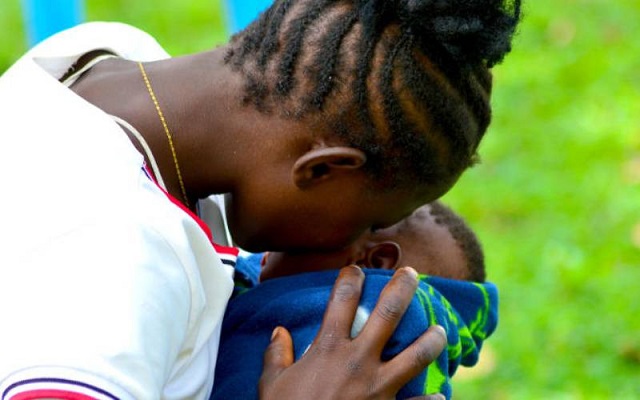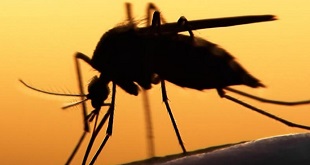
Ministry of Health unveils comprehensive package of solutions
Kampala, Uganda | PATRICIA AKANKWATSA | Uganda faces a significant public health challenge with its high rates of teenage pregnancy. According to the Ministry of Health, approximately 24% of adolescent girls aged 15-19 become pregnant or have already given birth. This alarming statistic underscores the need for urgent, comprehensive action.
While speaking at a breakfast meeting with journalists on Feb. 26 to tackle the critical issue of adolescent health, specifically focusing on strategies to curb the alarmingly high rates of teenage pregnancy, Dr Henry G. Mwebesa, Director General of Health Services outlined the Ministry’s ambitious yet achievable goal of reducing the national teenage pregnancy rate from 24% to below 15% within the next five years. To achieve this, he presented a comprehensive approach encompassing various strategies.
Highlighting some of the strategies that the Ministry is implementing to curb teenage pregnancies, Dr Mwebesa noted enabling policies and frameworks, increased advocacy for adolescent health, and collaborative partnerships among others.
He also emphasized the crucial role of collaboration across various sectors to effectively address this complex issue.
“The Ministry seeks to build strong partnerships with government agencies, non-governmental organisations, civil society groups, and the private sector to leverage expertise, and resources, and reach a wider audience,” he said.
He further called upon parents to play their role in this fight against teenage pregnancies and not neglect their roles in the health sector alone.
“It cannot be a role to the health sector alone. It should start from home,” Dr. Mwebesa emphasised.
Experts also raised concerns about a high rate of repeat pregnancies among teenage mothers, potentially undermining the effectiveness of antenatal guidance. A recent study by Makerere University School of Public Health found that 30% of in-school adolescent girls and 80% of out-of-school girls reported engaging in early sexual activity (before 18). The study, involving 4,070 women, also revealed that nearly half of teenage mothers acknowledged having an unintended second pregnancy within two years of the first.
Dr Rachel Beyagira, Assistant Commissioner for Adolescent and School Health, acknowledged the trend and attributed it to increased poverty, particularly during the COVID-19 pandemic. The perception among some young mothers is that returning to education after giving birth is not an option.
“There is a need for comprehensive interventions that address not only the immediate medical needs but also the underlying social and economic factors contributing to the problem,” she said.
According to the Department of Reproductive and Child Health, about 20% of the global population are adolescents. Approximately 20% of the global population and 34.5% of Uganda’s population fall within the vulnerable age group of 10-24 years, emphasising the urgent need for targeted interventions.
The meeting also delved deeper into the health risks associated with teenage pregnancy. Dr Richard Mugahi, Commissioner for Reproductive and Infant Health, shed light on the severe consequences, including fistula, a debilitating childbirth complication, and pregnancy-related complications leading to a staggering 18% of maternal deaths in Uganda occurring among teenagers.
“18% of all the mothers that die in Uganda are teenagers and this is due to pregnancy-related complications such as sepsis due to Abortion,” Dr Mugahi pointed out.
 The Independent Uganda: You get the Truth we Pay the Price
The Independent Uganda: You get the Truth we Pay the Price


